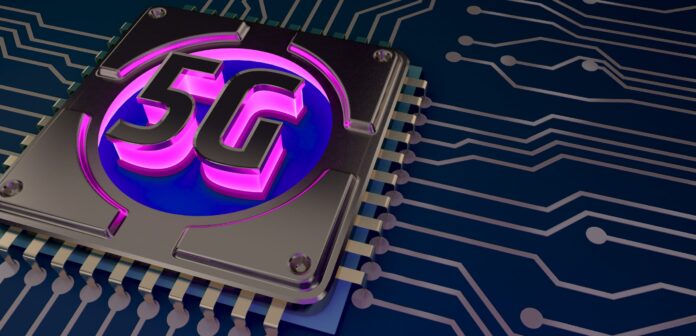Ericsson said that new European hub is expected to be operational in early 2026
Swedish vendor Ericsson announced an investment $169 million to build a next-generation smart manufacturing and technology hub in Tallinn, Estonia.
The vendor said that the main aim of the initiative is to consolidate all of Ericsson’s operations in Estonia into a single 50,000-square-meter smart hub that comprises test labs, warehouses, production lines and offices. The new facility will be used for co-developing cellular ecosystems and production techniques mainly with customers and partners in Europe but with global impact on industrialization for volume production.
As a first step towards this goal Ericsson, through its Estonian affiliate, has signed a definitive agreement to acquire property to build this smart hub, with the transaction expected to close in the fourth quarter of 2024.
Ericsson’s connected hub will be located in Ülemiste City in Tallinn, the largest business park and future-oriented urban area in the Baltics. The new European hub is expected to be operational in early 2026.
Fredrik Jejdling, executive vice president and head of networks at Ericsson, said: “This move is in line with Ericsson’s long-term strategy for a more resilient and sustainable supply chain, significantly reducing our carbon footprint and harnessing the power of 5G for smart manufacturing. Our entire production landscape globally is being digitalized and, as we have done in the U.S., this will strengthen the link between our R&D and new product introduction to ensure every product we manufacture not only benefits our customers but are also produced with as low environmental impact as possible.”
Ericsson also explained that its new European hub is expected to reduce its carbon emissions by up to 70% compared to all four existing facilities in Tallinn. It will support Ericsson’s 2030 target to be net-zero in its own operations.
“We are committed to being at the forefront of sustainable operations in Europe as we revolutionize our manufacturing process jointly with our partners and customers and support the scale up of 5G deployment,” Jejdling said. “This smart hub will be powered 100% by renewable electricity and built with optimal efficiency through AI, machine learning, robotics, and other advanced Industry 4.0 technologies. In addition, we aim to attract local and European talent by creating an environment that fosters collaboration, innovation, employee wellbeing, diversity, and inclusion.”
Ericsson has currently more than 2,200 employees in Estonia, including engineers and experts in AI and machine learning.
Ericsson recently announced it has shipped 10 million 5G-ready radios worldwide. In addition to the 10 million 5G-ready radios milestone, Ericsson said that approximately 50% of 5G traffic outside of China runs on Ericsson’s networks. The vendor currently powers 147 live 5G networks, including 25 5G Standalone networks.

